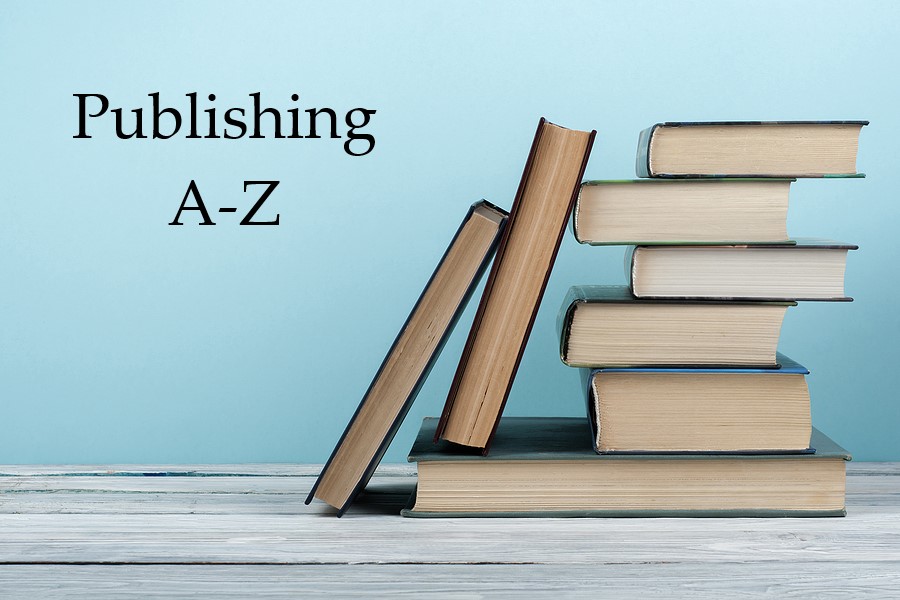You’ve published your book with a publisher. But it has been some time since it was published, and it feels like the publisher is no longer interested in promoting your book. Or the book is “old” enough that the publisher isn’t going to spend new money to sell copies but is simply keeping it available.
Or the print edition of the book is no longer available, but it is still considered “in print” because an ebook edition is still available.
Now you want the rights back so you can do something with your work that the publisher is unlikely to do. This is called reversion of rights. Defined by Joanna Penn as “a clause in a literary contract that allows authors to work with their publisher to regain some or all of their book rights after certain conditions are met.”
How Do You Get Your Rights Back?
First, define what you mean by “rights.” A typical book contract has a “grant of rights” section defining what rights you grant to the publisher. Usually, this means the right to print and distribute your book in physical or digital form (or audio, etc.).
Hopefully, your contract has a “termination” clause, which defines the conditions that, when met, allow you to get your rights back.
This is one reason to have an agent guiding your career because I have encountered numerous situations where the author was prevented from reversion due to an unfriendly clause or two.
We strive to have a dollar amount be the condition. “What does that mean?” you ask. Let’s say that three years after first publication, if your book has not earned $500 in author royalty earnings in the previous 12 months, you can request reversion of the rights to your book. Note the conditions: (1) Three years, (2) $500 in earnings in the past year.
While that may seem simple, it can be complicated if you were paid a large advance that has not yet been covered by your author earnings. In some cases, the publisher has said, “If you pay back the remaining amount of your unearned advance, we will revert the rights.” In other cases, the publisher tacked on the statement, “And if you buy the remaining print inventory we have in the warehouse, we will revert the rights.”
Ouch. If the last paragraph is your situation, it can be expensive. I remember one case where the publisher had over 2,000 physical books in their warehouse; and the author couldn’t afford to buy them all, even at a huge discount. So she waited three years and worked her best to sell those books at speaking events around the country. Then she asked again, and the publisher had 200 left in the warehouse; and she was able to buy those and get the rights reverted. She now sells them herself wherever she goes and uses a service like Ingram Spark or Amazon Kindle Direct Publishing to keep the book available online.
As I wrote, it can be complicated.
What Plans Do You Have if You Get Your Rights Back?
Getting your rights back is fine if you have a plan. You will have to change the interior copyright page and title page to remove the publisher’s information. You may have to retypeset the book if the publisher is unable or unwilling to provide those digital files. You will have to get a new cover because the publisher may not own the rights to the cover (the designer may own those rights). You may want to rewrite certain sections to bring the book up to date. Etcetera, etcetera.
We have several clients who successfully had their rights reverted and now have a strong indie publishing business selling their books on their own.
In the last month, we have worked with a half dozen of our clients seeking the reversion of their rights. Each case was different as we were dealing with six different publishers and six different contracts written at different times under different circumstances.
Your mileage may vary.


